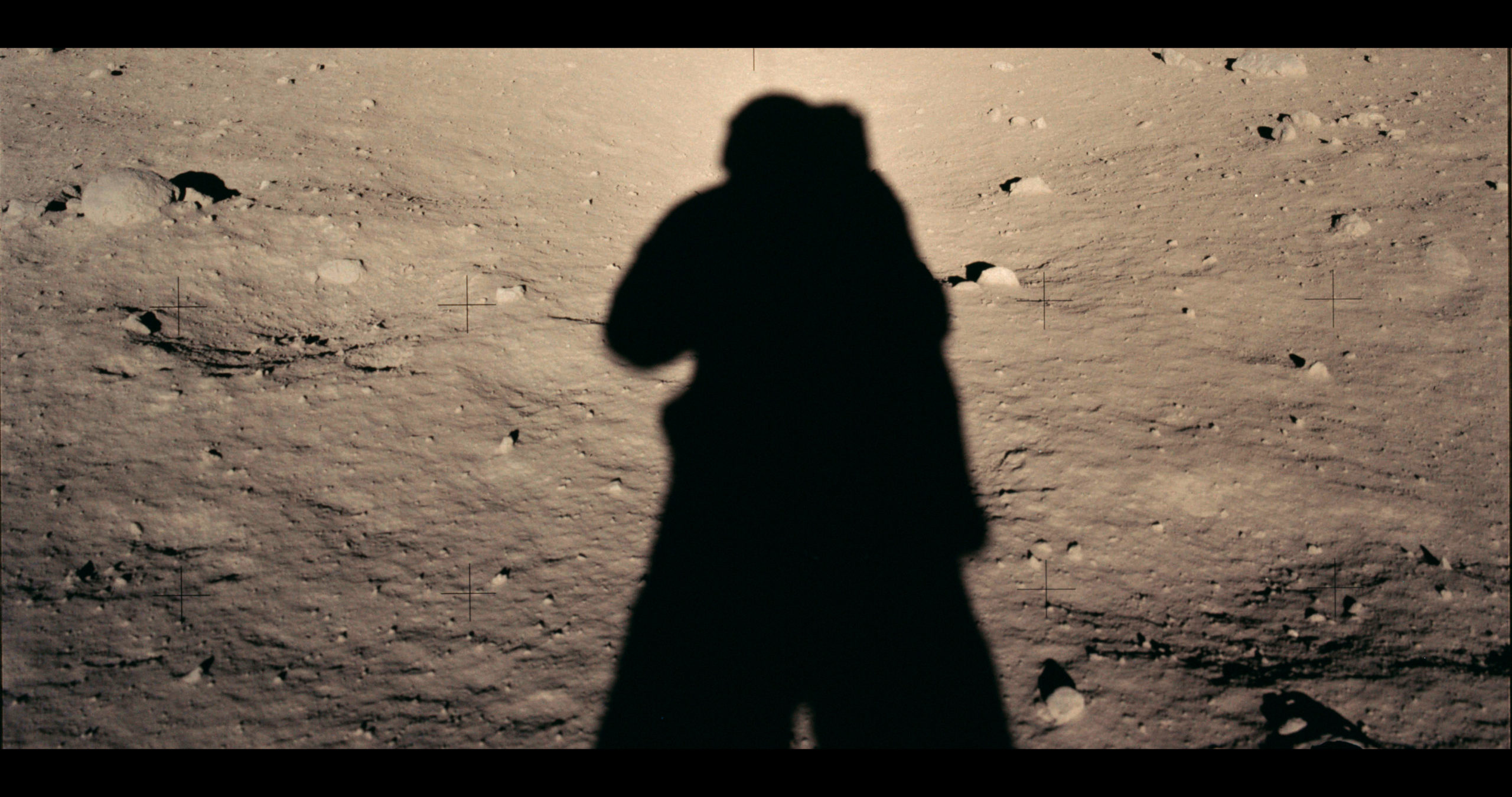The Panama Papers
(USA, 97 min.)
Dir. Alex Winter
Alex Winter is quickly becoming a master of something one could call the techno-thriller documentary. After the Napster doc Downloaded (2013) and the true crime caper Deep Web (2015), comes another quickly paced, slickly assembled, and tech savvy film about the world 2.0. The Panama Paper offers a deep dive into one of the most seismic leaks in world history. It will have audiences feeling maddened and motivated.
Perhaps outmatched only by the whistleblowing of Edward Snowden, and whatever bomb is ticking in the Mueller report, the story in The Panama Papers relays how governments were toppled and titans were exposed in a pervasive web of corruption and tax evasions. It’s a concise and gripping account of an eye-opening story that made headlines around the world. The message is a passionate call to action for journalists and everyday citizens to speak truth to power.
Although The Panama Papers occasionally treads the line of Wikipediitis, what The Guardian’s Charles Bramesco posits as the malady afflicting info-dump documentaries that might be better served as articles than as movies, Winter builds upon the information overload of the film’s first act to find a rousing story of heroic journalism in the age of #fakenews. The doc delivers the facts beginning with the contact between an anonymous informant who leaked documents to German journalist Bastian Obermayer detailing jaw-dropping accounts of tax evasion and fraud channelling through Panamanian corporate service provider Mossack Fonesca. Obermayer recounts to Winter his experience of wrestling with this information that featured names implicating world leaders like Vladimir Putin and Icelandic Prime Minister Sigmundur Davíð Gunnlaugsson, just to name a few. The scope of the scandal and its fallout are too much for one journalist, or even documentary, to relate—thankfully a critic can simply link to the Wikipedia pag when a film simply cannot—and Obermayer recognizes that the story of the Panama Papers needs more hands.
The doc swiftly recounts the massive and well-coordinated effort of the International Consortium of Investigative Journalists (ICIJ), which answered Obermayer’s call. Finding something of an Occupy-era spirit in the exacting fastidiousness of reporters eager to hold accountable the powerful few, The Panama Papers spotlights the voices who assembed a watertight story with the power to change history. Winter captures the international scope of the story as journalists around the world pooled their resources and worked as a team, rather than as lone wolves, by sharing information knowing that the story’s potential for change was bigger than any one headline or byline. Intrepid reporters from Panama, Brazil, the USA, Malta, Iceland, and other nations are united in their quest to chase facts and ask hard questions.
In between the chorus is John Doe, voiced by actor Elijah Wood, who shares his “manifesto.” This narration unpacks the significance of the Panama Papers coming into the public light. The doc speaks to the hypocrisy of world leaders who rob their citizens of better lives and social equality by withholding billions of tax dollars from the very nations they swear to protect. (Cut to that cringe-worthy debate clip in which Donald Trump says tax evasion makes him smart.) John Doe’s narration frames the stories of journalists who risk their lives, as well as those of whistleblowers who set vital stories in motion. While the names and juicy details of the Panama Papers are public knowledge, the doc finds the better story in the damages done to citizens across the globe when funds are hidden through underground channels, rather than flowing back into the public purse to support health, education, and public safety.
What results is a call to action for audiences to recognize the significance of the fourth estate at a time when resources for investigative journalism are shrinking. While one must despise the hypocrisy of elected officials who fail to practice what they preach, The Panama Papers is an inspiring reminder of the power of truth tellers in a dark age. The final credits of the doc outline just a few of the ripple effects that are direct results of John Doe’s leak and the story it precipitated. In connecting the dots between the parties who hid in the darkness and the players who brought the story into the light, The Panama Papers provides a timely study on the need to support the journalists fighting to make the world a better place—because, frankly, the leaders with their hands in the Panamanian cookie jar are not.
The Panama Papers screens in Toronto at Hot Docs Ted Rogers Cinema on March 6 and 7 as this month’s Doc Soup selection.












